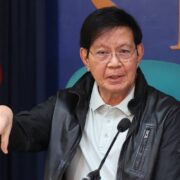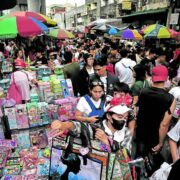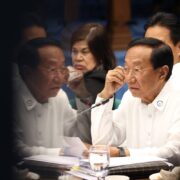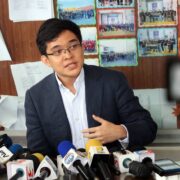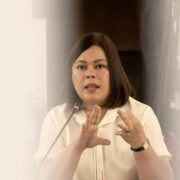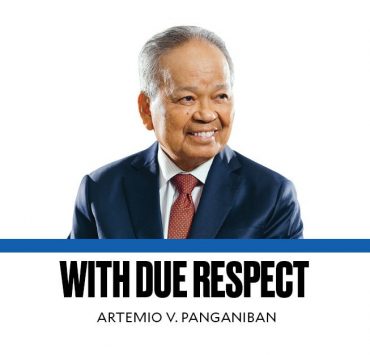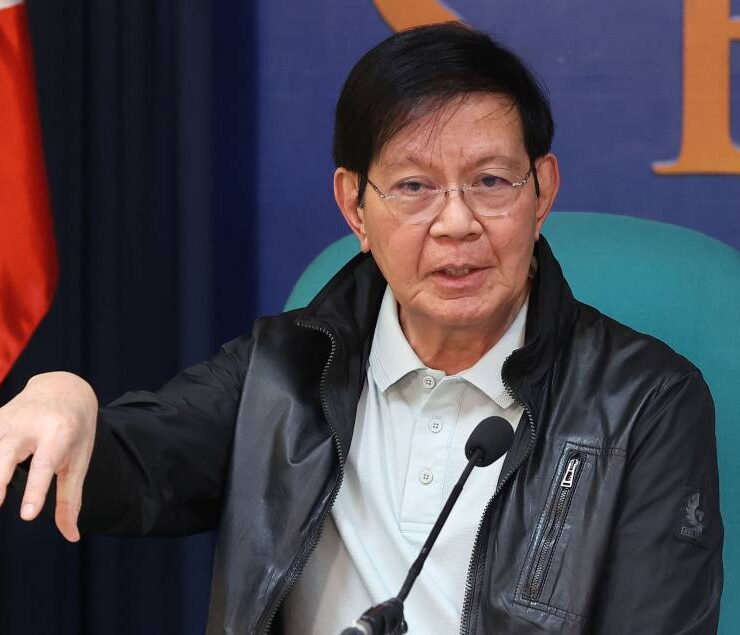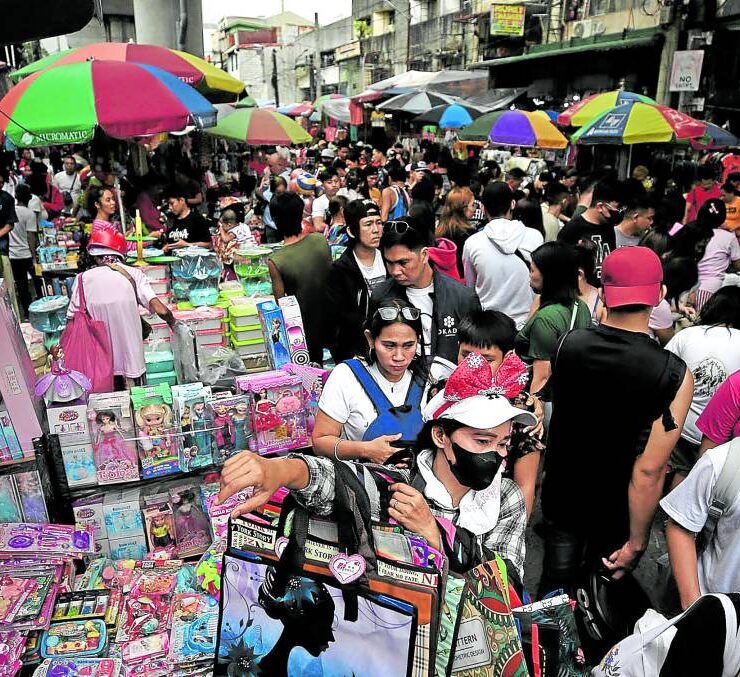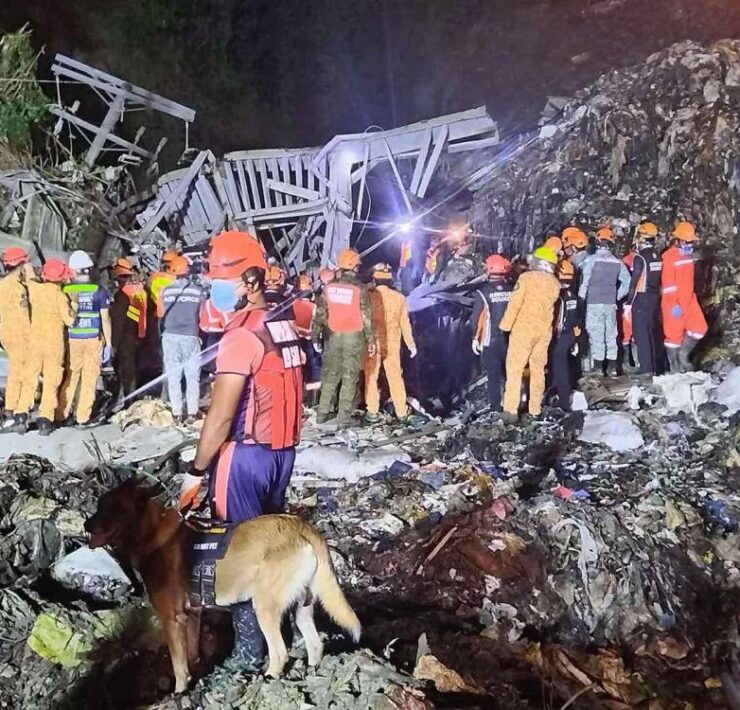Credible probe to pacify the people
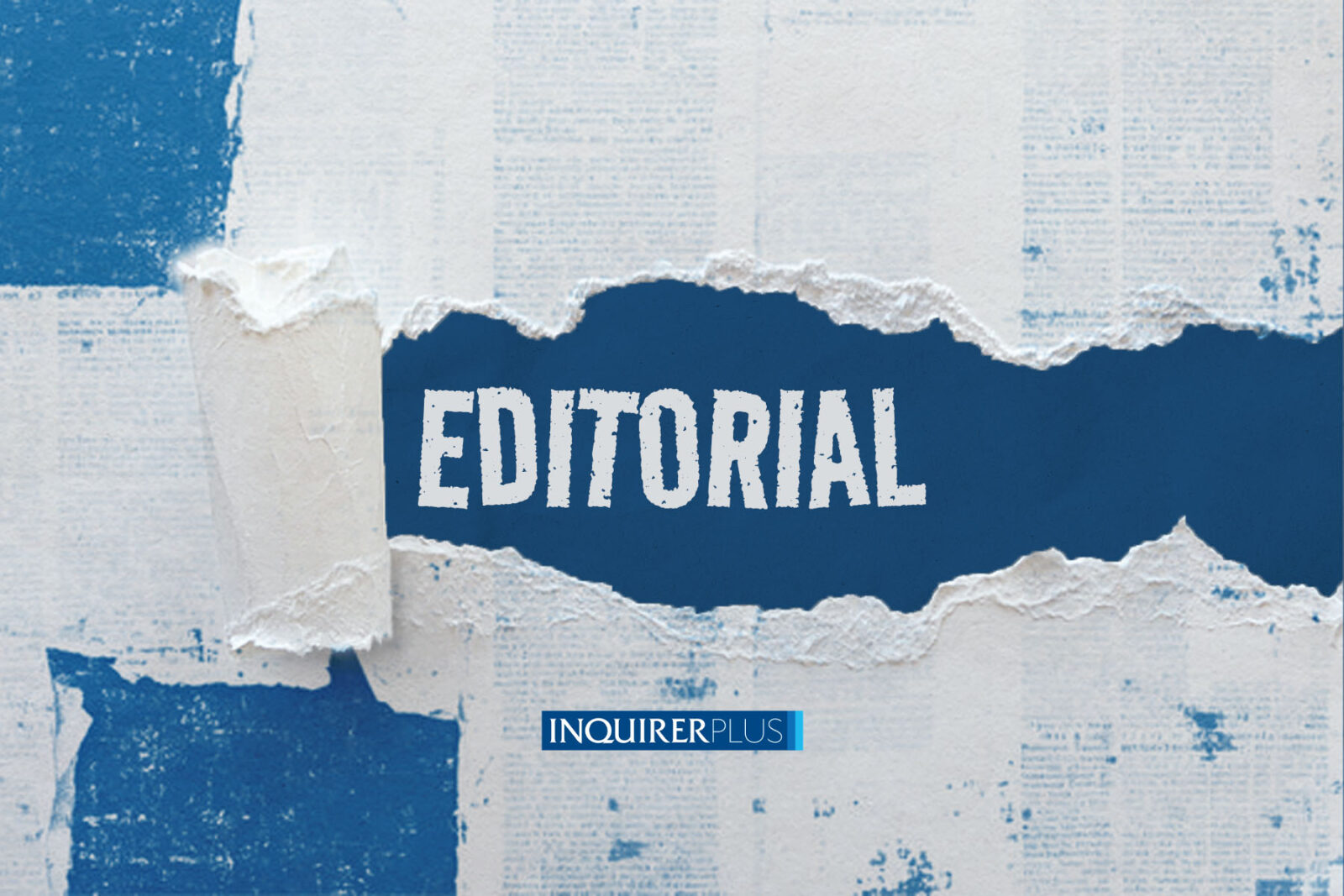
The inaugural Economic Crime and Geopolitics Index (ECGI), a new indicator to serve as a “forward-looking, early-warning mechanism” for governments, investors, and security analysts on emerging political instability, ranks the Philippines as “medium risk,” alongside Thailand, Laos, Vietnam, Malaysia, and the Maldives, with moderate scores across key variables. It said this ranking reflects “relatively stronger governance, lower exposure to high-level corruption, and manageable geopolitical influence.”
However, this description may not be entirely correct. The Philippines’ score of 69.2 out of 100 actually puts the country at the borderline and edging toward high risk, or countries with an index score of 70 or higher, given the recently unearthed massive corruption scandal in flood-control projects that has started to anger the people. Proof of the sentiment are the big crowds that showed up in Sunday’s protests against corruption in Manila, Quezon City, and other parts of the country.
The ECGI was developed by Asanga Abeyagoonasekera, director general of the Institute of National Security Studies in Sri Lanka, the think tank of the country’s Ministry of Defense, and a senior fellow at the Millennium Project in Washington. In a commentary that appeared in the policy magazine South Asia Journal, he explained that the ECGI rests on four variables.
High-risk countries
These are the corruption perception index, or how citizens perceive public corruption; economic crime severity, or the scale of fraud, illicit flows, and misconduct eroding economies; public response intensity, or the willingness of people to protest, march or revolt, and geopolitical influence, which pertains to the pressure of foreign powers and investments on domestic fragility.
Unlike traditional corruption indices, he noted that the ECGI “ties systemic corruption and economic crime, popular anger, and geopolitics together, [and] captures the interaction of the street and the state, of local betrayal and external pressure.” Singapore, Brunei, and Bhutan were rated at the lowest risk level, noted for their “strong governance, low corruption, and balanced international engagement serving as benchmarks for institutional resilience.”
At the other end of the spectrum, the high-risk countries included Pakistan, Indonesia, Sri Lanka, Bangladesh, Nepal, Myanmar, India, Afghanistan, and Cambodia. Abeyagoonasekera said these nations face a “complex environment where corruption, institutional weaknesses, civic activism, and external pressures mutually reinforce one another.”
Extensive corruption
The possibility of the Philippines slipping into the high-risk category is real. The extensive corruption uncovered in flood control projects of the Department of Public Works and Highways (DPWH) and the possibility of similar anomalies happening in other infrastructure undertakings are already agitating the people. In fact, pockets of rallies condemning the corruption have been seen across the country since the flood control mess was exposed by no less than President Marcos. Public Works Secretary Vince Dizon has warned that the amount lost to corruption just in the last few years could run up to trillions of pesos.
Authorities need to seriously consider the findings of the ECGI, which Abeyagoonasekera described as only a mirror that “shows the cracks” but “cannot heal them.” What governments choose to do, he emphasized, is another matter. “The lesson is stark. Where corruption festers … revolt becomes inevitable. It may be peaceful. It may be violent. But it comes. Leaderless movements are dangerous because they devour without building. They sweep away the old order but offer little beyond new faces and fragile promises,” Abeyagoonasekera said.
Heaviest burden
The government must exhibit strong governance. It must ensure that the ongoing probe of the corruption in infrastructure projects will make all those who partook of the loot—from the DPWH personnel to the private contractors and all the way to the lawmakers linked by witnesses— be made accountable for their crimes. The heaviest burden now rests on the shoulders of the newly formed Independent Commission on Infrastructure (ICI) headed by retired Supreme Court Justice Andres Reyes Jr. It must spare no one, as the President has promised, and result in the filing of criminal charges and the prosecution of all those involved.
The experience of Sri Lanka, Nepal, and Bangladesh, as Abeyagoonasekera described it, “is the story of nations consumed from within, of people stripped of dignity, of cycles that repeat until leaders understand that corruption and geopolitics are not abstractions but fire itself.” The fire will come again, he warned, and that the only question is, where next?
Only credible results from the ICI’s investigation and the prosecution of all those involved in stealing the people’s money will ensure that this fire will not happen here.


